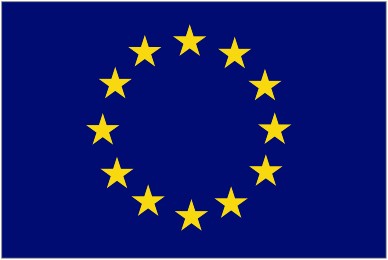Myths on Water
The Acheron and its mythological meaning
There is a language understood by everybody which neither evolves nor dies , as it is atemporal: a language that tells us our past, delivering to the eternity, to the collective imaginary, places and heroes, the divinity and the humanity through which man doesn’t feel immortality denied and comes out of the darkness of ignorance; through the experience of heroes whom he identifies himself with, of terrible and gloomy places, that he knows he wouldn’t ever meet in his life.
The Acheron plays a very important role in the conception of traditional Myth.
It is an infernal river that runs in Epirus, entered the cosmology as infernal as, at a certain moment of its course, it interrupts itself without outflow.
It was Homer that mentions it for the first time in the Odyssey, it is dark and menacing, only the damned souls can cross it to descend in the dreadful hell “ Ad infera” but on condition that the human body that had hosted them during their life had had an honourable burial. It is one of the river of the Averno from which nobody is allowed to return.
Therefore Priamus implores the heroic Achilles in the Iliad to give back Hector’s body to give him a fair burial .
Dante in his “Inferno” recalls it to our memory accompanied and made more lugubrious through the hellish figure of his helmsman Charon ”Caron demonio dagli occhi di bragia…….” yet “la tema si volge in desio” the damned souls throng on its banks, pushing their way , they all want to cross the Acheron, husband of the Gorgon Gorgira, father of the howl Ascalaphus.
How does modern man read the myth of the Acheron today?
It is the extension of the mournful course of the human existence, l’ “Obulum” that we pay to cross it, the price due to our wish of knowledge, to poetry that has eternized this meaningless course of river, turning it into a atemporal myth.
(This is a work of the Italian School Liceo "Ugo Mursia" in Carini)


















0 Comments:
Post a Comment
<< Home